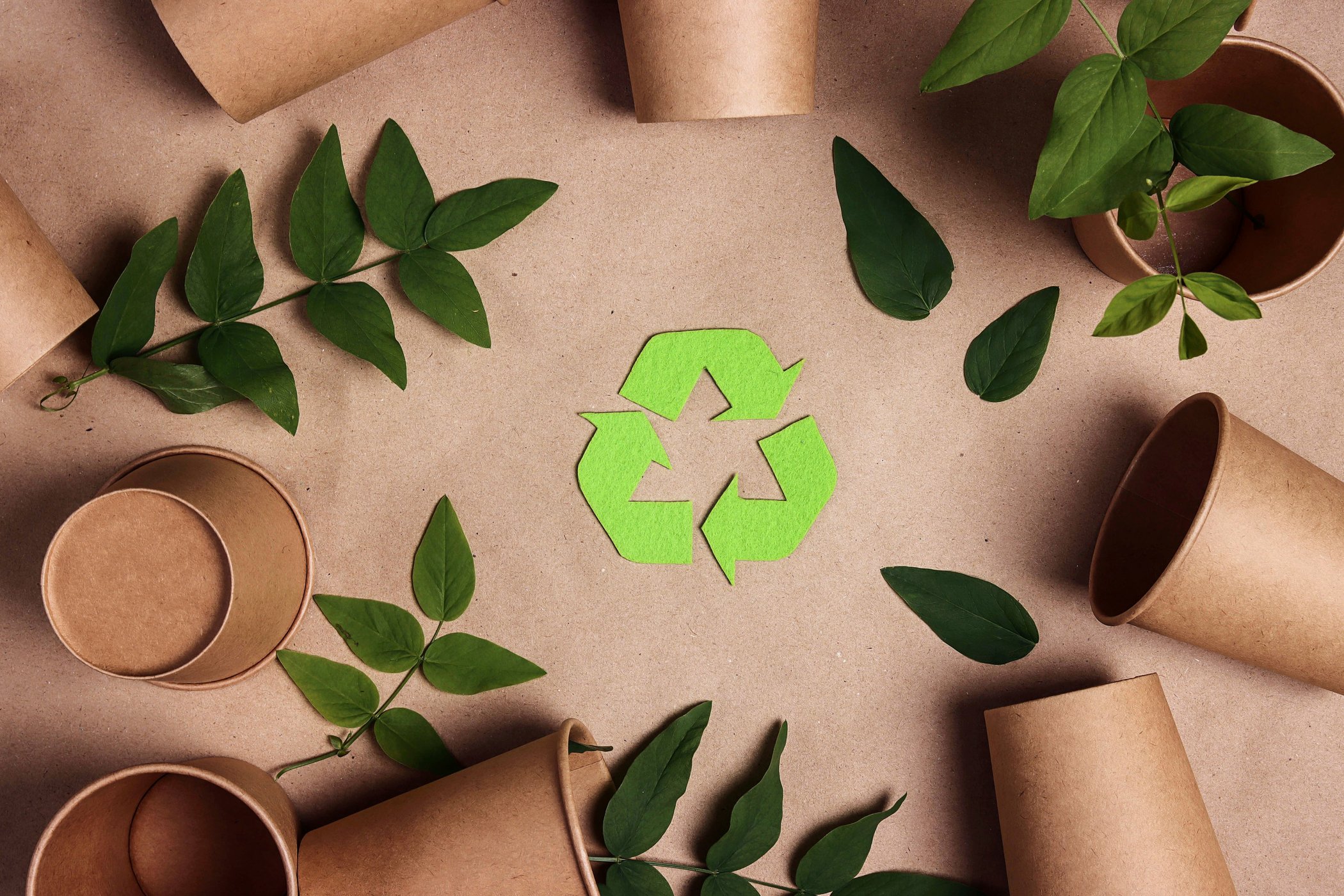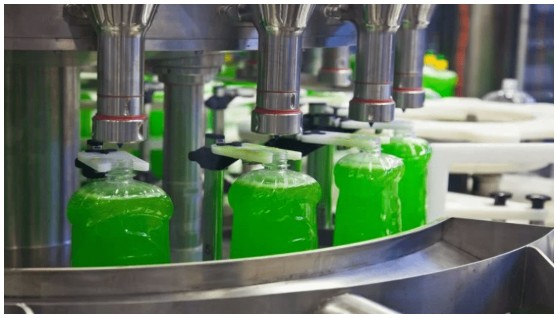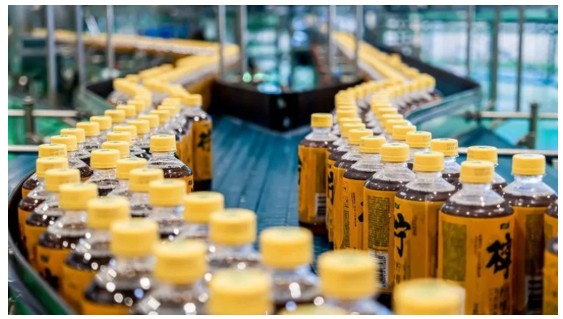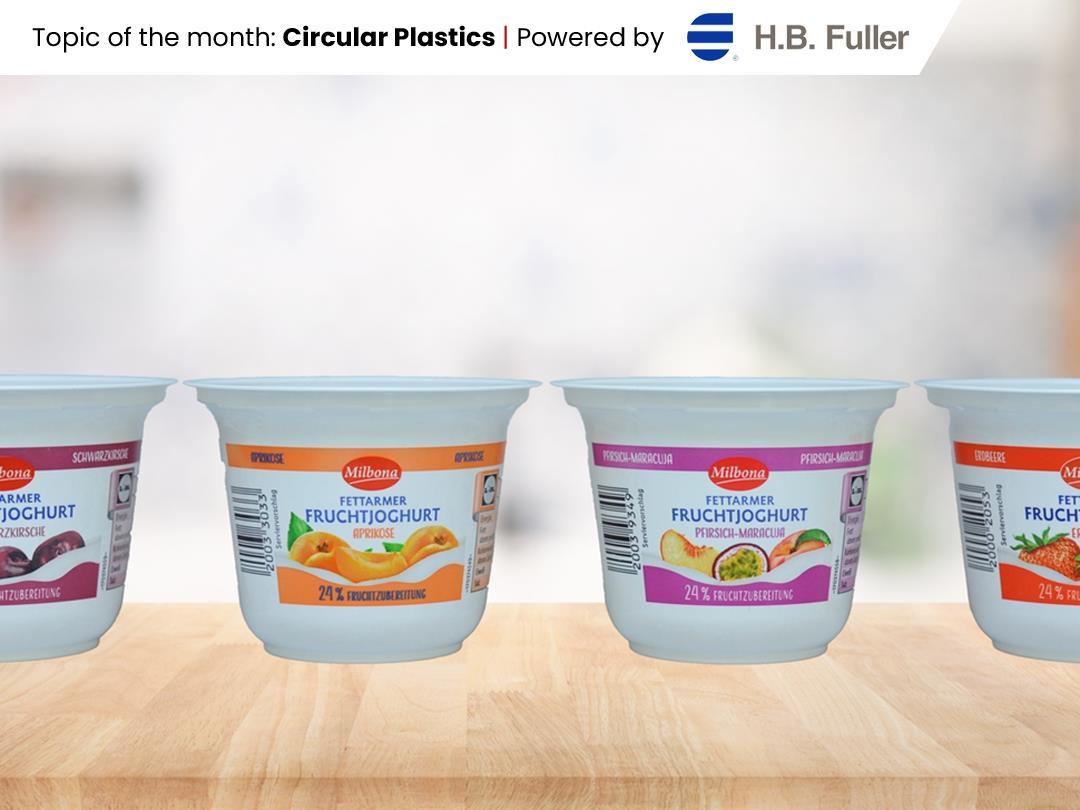This Saturday, we will celebrate Earth Day 2023, an annual event on 22 April to demonstrate support for environmental protection. Any discussion on protecting the environment would not be complete without mentioning the circular economy – a system in which products, services and systems are designed to maximise their value and minimise waste[1] – something we must strive for if we have the planet’s best interests at heart.
The key to achieving a circular economy is the consumer.
Consumer engagement plays an integral role in facilitating this, and those policies that promote the circular economy will be most effective if they account for the factors shaping individual behaviour and consider their demands closely. On the whole, consumers want to do the right thing, but legislators and businesses must first provide the platform to enable them to act.
We have seen this dynamic play out following the European Commission’s proposal to amend the Packaging and Packaging Waste Regulation (PPWR), which focused on the implementation of reusable packaging. While the objectives of the proposal are well-meaning, and there are sound arguments for reusable packaging as a driver of the circular economy, the bigger picture is more complex. A new report by McKinsey titled ‘The potential impact of reusable packaging’ has found that imposing strict reusable packaging targets by 2030 will severely impact the EU’s environmental footprint, the competitiveness and resilience of the European economy, and crucially, raises question marks around the level of compliance by consumers.
As with any circular economy model, consumer acceptance is pivotal. But by advocating for the reusable model, there is a risk that consumers will be alienated, with a number of societal considerations. Firstly, a habit change is being asked of them. For example, in Germany, fast-food restaurants like McDonald’s and Burger King, have installed reusable packaging deposit systems in response to the proposal, which requires consumers to store, rinse and return reusable containers to the store in order to redeem their deposit. This poses the question of whether reusable packaging is truly the best solution for all take-out food in Germany.
Secondly, the addition of a deposit might put consumers off by upping the price of a value meal. Thirdly, it creates uncertainty around food hygiene – a non-negotiable. Can consumers be confident that their reusable packaging will be washed effectively, including the one which was returned uncleaned after many days of storage at home or in the car?
Consumers also want to be safe in the knowledge that new policies are actually better for the environment, and economically viable, in the long run. McKinsey’s report, however, would suggest this is not the case for the reusable model, predicting CO2 emission rises of between 140-160% and potential cost increases of 80-130%, owing largely to transport and cleaning.
The truth is, there is lots of evidence to suggest the single-use system is winning over the hearts and minds of consumers. Among the conclusions of our 2022 consumer research, which benchmarked the attitudes towards the environment and packaging of over 5,000 European consumers, was that ‘easy to recycle’ (85%), and ‘made from renewable materials’ (81%) were the top two packaging considerations. This would explain consumers’ preference rating of cartonboard of 86%, up from 81% in 2019, over plastic. The economically and ecologically balanced packaging medium boasts an impressive 82% recycling rate[2], and together with its origin from sustainably managed forests, cements its credentials as the true circularity leader, and most desirable packaging material in the eyes of the consumer.
The study also shows a high level of trust consumers put on packaging material producers and brand owners to secure a future of circular packaging solutions. 92% of consumers in Europe see the responsibility with packaging suppliers and brand-owners, and only 8% with the government. Forcing a mandatory re-use system undermines the ability of the stakeholders to innovate the way out to circularity.
If we are to achieve circularity, it is vital we listen to the consumer. Single-use packaging materials, given their preference by consumers, will play a crucial role alongside the reusable system. Complementary, not exclusive. The European Commission would do well to acknowledge that.
Source:







